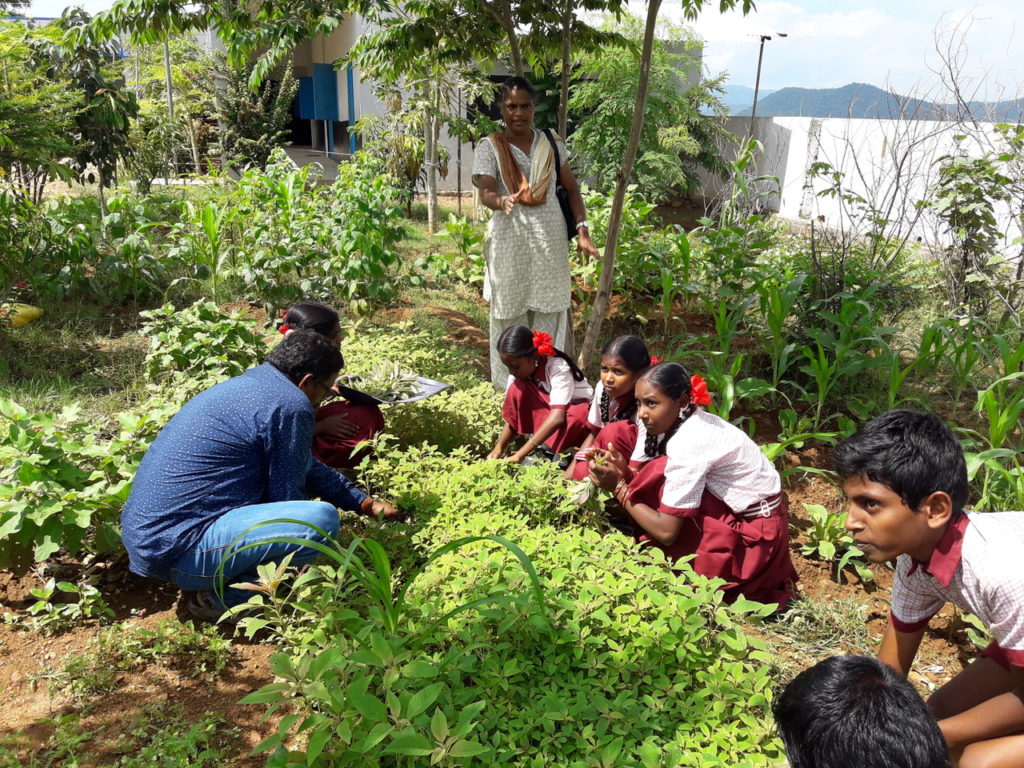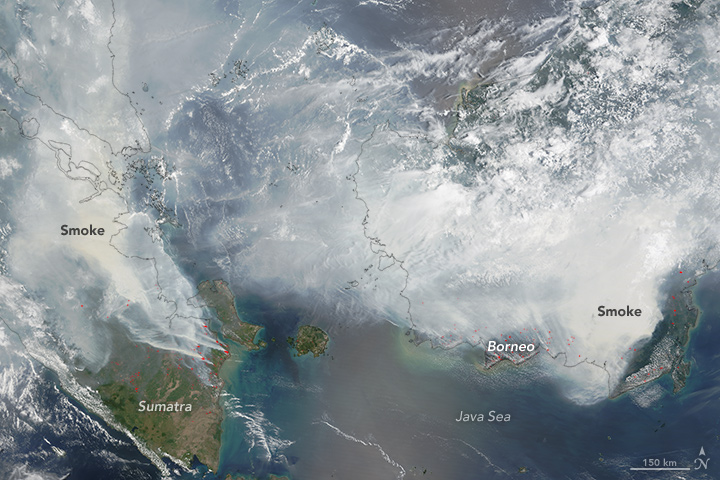Did you know…
That during the first 1000 days of life the foundation for optimum health and brain development established for life. Children in poverty face a high level of adversity that can disrupt healthy brain development. In Pachacamac, Peru, where there are high rates of poverty, domestic violence, malnutrition, child abuse and neglect, many children will suffer their whole lives.
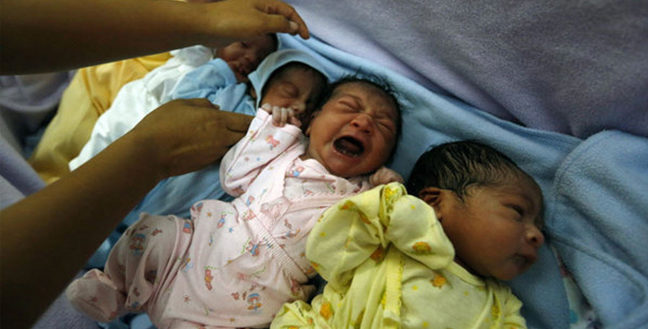
Newborn babies receive attention of nurses at Lima’s maternity hospital in Peru.
With support from the Canadian government, the Susila Dharma global network—including the International Child Development Programme (ICDP), Asociación Vivir, A Child’s Garden of Peace (AGP), SD Canada, Susila Dharma International (SDIA), and SD USA—has come together to bring expertise and fundraising assistance to address this problem.
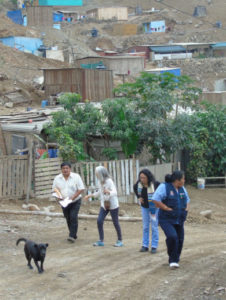
Wawa Illari team visits with leaders in Tambo Inga
A new project called Wawa Illari will train teachers and students of nursing as well as other students at the Universidad Inca Garcilaso de la Vega (UIGV) in Lima, Peru, in a community approach to improve early childhood development.
“Nurses in Peru are the frontline health workers, yet their studies do not cover in depth the psycho-social or nutritional needs of the developing brain,” says Ana Sofia Mazzini, Director of ICDP Peru. This new approach will train nurses to enhance parent-child interaction as well as ways to help impoverished families improve nutrition—including growing and eating healthy food in combinations that are best for early brain development.
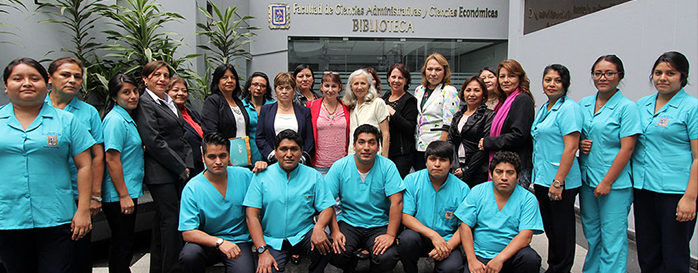
Nursing students and professors with Ana Sofia Mazzini, dean of faculty of Nursing, along with Illène Pevec (A Child’s Garden of Peace) and Hamida Thomas (SDIA).
By working together, our Susila Dharma organizations are able to achieve results that none of us could have achieved alone. This collaborative approach can be seen, not just in the Wawa Illari project, but also in the Susila Dharma health centers in the Democratic Republic of Congo, in the Anisha project in India, and in the synergy achieved by the interaction of SD projects in Kalimantan.
 Please —
Please —
become part of the network!
The demands are great and our network needs to rise to meet them. There is no end to the good work that needs to be done. Give generously during our Fall fundraiser so that our network becomes even stronger in the coming year.
Thank you!


